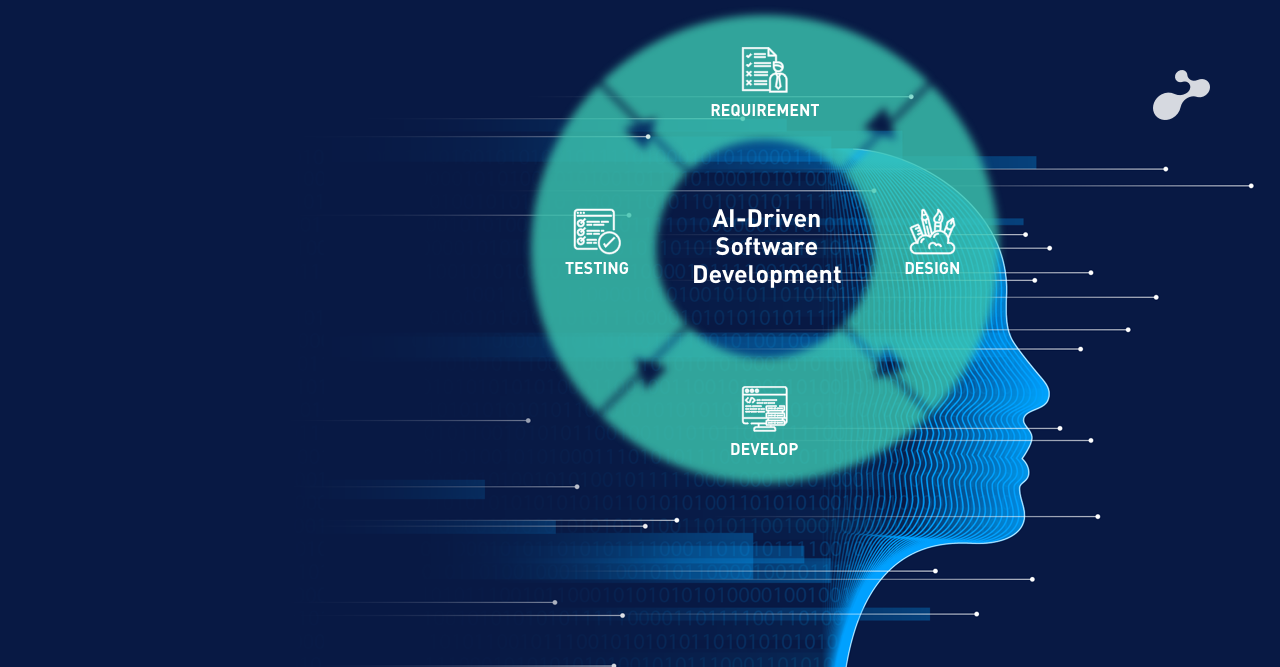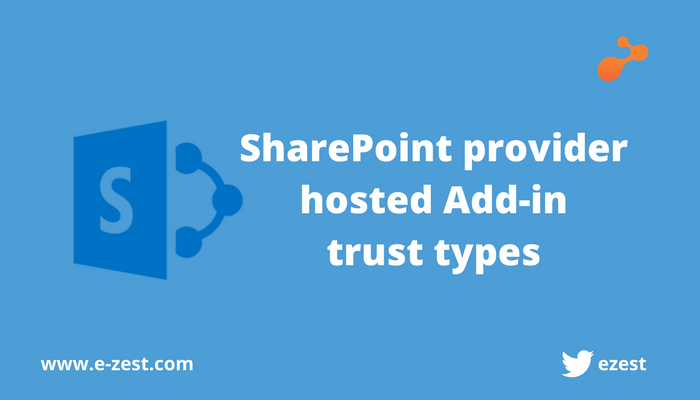Agile today has become a key project management methodology across industries as it is convenient and beneficial for customers as well as vendors.
This blog mainly focuses on using some typical approaches and tailoring the agile values for making Fixed Price projects more successful and profitable.
Fixed Price projects will be successful when small scale projects with clarity in requirements and scope are well defined. In today’s dynamic market situation, companies are resisting to take the path of long durations with high cost. Companies are not willing to go for huge investments due to unstable market situation, competition and unclear goals. Projects with smaller and attainable goals are preferred and plan them to get executed step by step.
Overall it’s observed that, lack of product goal, unclear requirements and budget constraints are forcing companies to execute the Fixed Price projects with agile methodology as compared to other pricing methods. While executing Fixed Price project with agile is suitable for customers but sometimes can be risky and volatile for software vendors as goals and scope of the project are loosely defined by the customers. In Fixed Price projects, customers come with a preconceived notion and expect the project to be delivered within the timeline accepting the change requests. The Fixed Price model typically limits the number of changes that occur during the development phase of the project. The extra focus on maintaining a Fixed Price may come at the expense of quality, creativity and timeliness.
This is the current market situation which all of us have to accept. Here, vendors need to come up with some approaches to turn it as a win-win situation for themselves and for their customers and continue with their business.
In agile development, Time-and-Materials model is the most suitable and efficient for both customers and vendors. Taking into account this unstable market condition, bringing comfort to both the parties using approaches and tailoring agile values is at most important. There are some typical approaches to make the fixed contracts suitable to customers and vendors.
Each project comes with a set of problems and will need a unique solution. In the end, how easy or hard it is to go for a fixed-price price with agile will mostly depend on how well the customer understands agile principles.
Below are three approaches suggested to carry out Fixed Price projects with agile concepts by tailoring some of the agile concepts. These three approaches can be used in different scenarios with its individual execution method.
First Approach: Knowing each other’s domain well
There will be different scenarios while doing the project with customers. Sometimes requirements will be very clear, clients will have clear goals with no confusion to development team where everything is clearly understood between both the parties. With this scenario where customers and vendors know each other’s domain before the project kick start, we can execute the Fixed Price project with agile method by using more important agile values.
Second Approach: Begin with Time & Material and then move to Fixed Price later
This approach can be considered when requirements are not clear and technologies to be used are not known with a tight project timeline.
Third Approach: Capital cost and incentives
This approach is little different compared to Fixed Price model. In this approach, both customer and vendor sits together and decides one cost for the project. Later if project gets completed on time without any hurdles the incentive may be offered in the form of giving additional engagements or projects with higher rates. This can be one of option for both parties to come to a middle path and turn it to a win-win for both.


.png)


